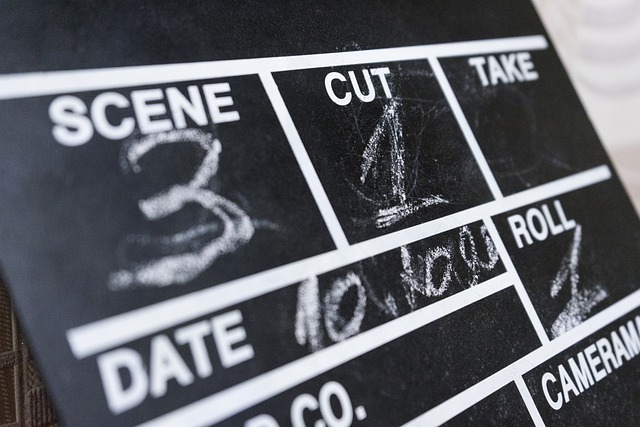Top Six Pitfalls of a First-Time Screenwriter
Image by Vadim Tashbaev from Pixabay
Anticipating writing your first screenplay can be intimidating, especially when you’ve never done it before and have never felt the satisfaction (and relief) of typing, “FADE OUT: THE END.” The reality is, screenwriting is like marathon running. It’s slow and arduous, and there are many potholes on the road that can trip you up. So with that in mind, here are the top five pitfalls first-time writers face, and how to avoid them.
1) Starting too soon. Perhaps the most common mistake first-time writers make is starting their story too early. For example, some begin with scenes of meandering exposition which bore the audience and fail to show anything dramatic. Be sure to start your script with some kind of event or conflict that sets the plot in motion. One helpful technique is to try cutting a few scenes from the beginning and see if that gives you a more effective opening.
2) Passive protagonists. Ask the question, “What does your protagonist want?” They must have a want, a need, or a goal. If they don’t, your protagonist is too passive. A protagonist with a clear goal is what drives your story forward and gets the audience to connect and invest in them emotionally. Unless you’re Neil Jordan making The Crying Game, passive protagonists must be avoided.
3) Not knowing your characters. You need to know your characters inside and out before you write the script, so make sure to write detailed character bios first. Know where they’re from, their likes and ambitions, their jealousies, so when you’re halfway through the script you’re not asking yourself, “Who are these people?” Character bios are a tempting step to skip, but they’re absolutely essential.
4) Hitting the wall. Usually, there’s a point, after around 30 pages or so, where the writing becomes a slog and you lack the motivation to go on. This is a sign of a lack of preparation. Having a treatment, i.e., a detailed map for the content of your scenes going forward, will get you over this hump. It also helps to have followed the previous point above and have interesting characters to stick with.
5) Rushing the narrative to the end. It’s understandable as you get closer to the climax you’ll want to hurry up and finish, but make sure you’re not too hasty. Draw out the suspense and pull the audience to the edge of their seats. When there’s plenty of time for anticipation, the climax is all the more effective.
6) Not knowing your filmable scenes. You need to know the costs that may be associated with your favorite scene and you must ask yourself is this going to be easily filmable or filmable at all. “A common beginner’s mistake is describing something that can’t be filmed. Scrutinize every action line description to ensure that it’s filmable,” says Rich Ehrenreich an accomplished award-winning screenwriter from Deerfield, IL.
If you can get through that and the other points, typing “FADE OUT: THE END” will not only be a relief but also an exhilarating reward. Remember, the reward is usually for yourself and for your passion, the first time around, because there may not be much income from it. “Don’t believe any story you hear about a writer’s first screenplay selling for big bucks. Those stories are really about their first sale, not their first screenplay. There could be ten years or more between the two,” commented Rich Ehrenreich – a 1st place screenplay winner at the Carmel International Film Festival 2015. Like an architect, you started with an idea, then built it one step at a time. Even the tallest building started as just a vision in someone’s head. A movie is the same; it starts with a vision, but it takes work and dedication to see it through. Now that you have a completed script, you’re halfway there.

